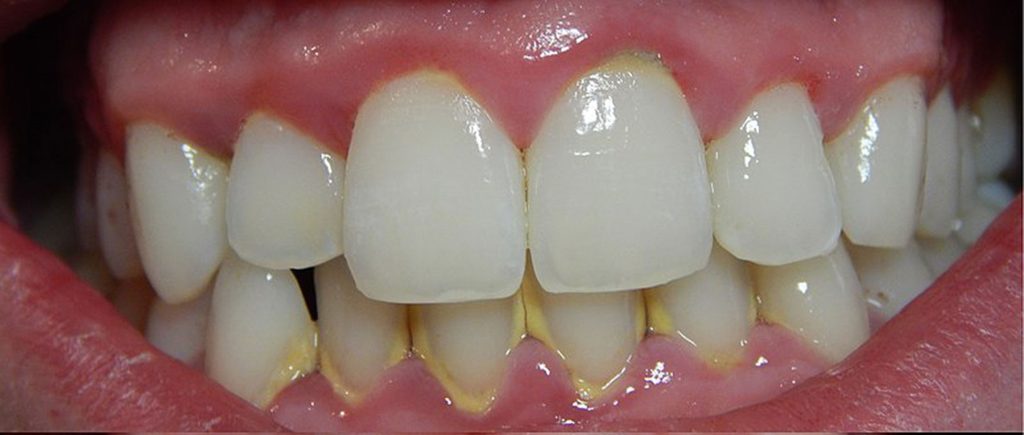How Much Is Botox For Tmj
How Much Is Botox For Tmj Are you considering Botox injections as a remedy for temporomandibular joint (TMJ) pain and dysfunction? Many patients are exploring this treatment option due to its promising results in alleviating chronic facial pain and TMJ-related issues.
While Botox holds significant potential in addressing TMJ concerns, the associated costs can present a hurdle to accessing treatment. Gaining a clear understanding of the expenses involved in dental Botox treatments, along with insights into potential insurance coverage, can empower you to make informed decisions regarding your TMJ care.
In this article, we will delve into the cost of Botox injection treatments for TMJ and examine whether insurance coverage can be applied to offset these expenses.
Understanding TMJ
If you find yourself grappling with jaw discomfort, frequent headaches, or facial and jaw muscle weakness, you may be contending with TMJ—a joint disorder arising from misalignment in the temporomandibular joint (TMJ).
The TMJ is a mobile hinge joint positioned on both sides of the jaw, facilitating the connection between the mandible and the temporal bone. This crucial joint enables pivotal functions like mouth opening and closing, speaking, chewing, and yawning. When the TMJ sustains injury or misalignment, it can lead to TMJ disorder (TMD), characterized by various symptoms that can significantly impact your daily life. These symptoms encompass jaw tension and facial muscle pain.
Causes of TMJ
TMJ affects millions of individuals worldwide and is increasingly prevalent due to modern lifestyle factors, including heightened stress levels and diets rich in sugar and processed foods. Although the exact cause of TMJ remains elusive, it is believed to be triggered by various factors, such as severe stress, teeth grinding or clenching, an uneven bite, joint arthritis, and genetic predisposition. Traumatic injuries to the jaw area, misaligned teeth, gum disease, poor posture, and posture abnormalities like excessive forward head carriage or neck positioning can also contribute to jaw joint and muscle tension.
Read More : How Often Do You Need To Get Botox
Symptoms of TMJ
Common TMJ symptoms encompass persistent jaw, face, and neck pain, accompanied by a clicking sound when opening or closing the mouth, recurring tension headaches, migraines, ringing in the ears (tinnitus), limited jaw muscle mobility, muscle spasms that may lead to jaw locking, and eye-area headaches attributed to nerve pressure around the affected joint. Difficulty in opening the mouth wide enough to eat properly and pain during chewing can further complicate matters. Individuals may also encounter challenges in chewing their food due to sharp pain around the ear area or at the jaw-skull junction.
Typical TMJ Treatments
Common treatments for TMJ span physical therapy, the use of oral appliances like splints or night guards, medication such as muscle relaxants and anti-inflammatory drugs for pain relief, and surgical interventions. Beyond these treatments, it is crucial to adopt stress management techniques, practice proper body mechanics while chewing and speaking, cultivate healthy posture habits, and engage in relaxation exercises like deep breathing.
Botox has emerged as an increasingly popular alternative treatment for individuals who do not respond favorably to traditional TMJ therapies.
The Role of Botox
Botox, renowned for its aesthetic enhancement applications, is widely embraced by millions worldwide for diminishing wrinkles, addressing sagging skin, and mitigating other signs of aging. However, what remains less known is its potential to address medical conditions like chronic migraines and TMJ disorder.
Botox represents an injectable form of botulinum toxin type A, a neurotoxin protein that temporarily inhibits specific muscle movements within the face. This toxin is administered through injections into the treatment area, functioning by blocking nerve signals that would otherwise trigger muscle contractions. Consequently, these treated muscles do not contract and spasm, reducing discomfort.
Botox injections typically necessitate periodic repetition every few months to sustain the desired results. The treatment is widely acknowledged as effective, non-invasive, and associated with minimal side effects when administered by a trained medical professional.
How Botox Alleviates TMJ Pain
Botox proves effective in relieving the pain stemming from TMJ disorder. The administration of Botox into areas surrounding the temporomandibular joint serves to relax muscles and mitigate jaw tension and spasms responsible for discomfort. By impeding nerve signals responsible for painful muscle contractions, Botox prevents these muscles from contracting and spasming in a manner that induces discomfort.
The effects of Botox injections have demonstrated a duration of up to four months, offering respite to individuals grappling with TMJ-related pain.
It is imperative to underscore that Botox injections should only be administered by qualified medical professionals, as improper dosage or injection placement can yield serious side effects.
Read More : How Long After Botox Can I Drink Alcohol
Estimating the Cost of Botox for TMJ
The cost associated with Botox for temporomandibular joint (TMJ) treatment hinges upon the number and scale of treatments required. Typically, a single Botox treatment for TMJ may range between $500 to $700. However, various factors come into play, including the severity of symptoms and the nature of required injections. For more extensive treatments, such as multiple injections or higher doses, the cost could escalate to around $2,000.
Insurance Coverage for Botox for TMJ
It is essential to note that the use of Botox injections to treat temporomandibular joint disorder (TMJ) is still regarded as an experimental approach and has not received FDA approval for this specific purpose. Nevertheless, it may be prescribed off-label for TMJ. Insurance coverage for this procedure is unlikely, but insurance providers vary, and it is advisable to consult with your insurer to obtain precise information regarding your plan. For individuals possessing a Flexible Spending Account (FSA) or Health Savings Account (HSA), these funds might be eligible for utilization to defray the costs of Botox treatment for TMJ.
Connect with McDonogh Dental for Botox for TMJ
Botox presents a viable avenue for addressing the pain associated with TMJ. If you harbor an interest in exploring how Botox can alleviate your TMJ pain, we encourage you to contact our office today to schedule a consultation. We are committed to discussing your treatment alternatives and elucidating potential approaches to covering the treatment expenses, be it through insurance, payment plans, or alternative financing solutions.




